The Parkland high school shooting that left 17 people dead last week has reignited the decades-long debate over gun control in the United States. The Florida attack was the United States’ 30th mass shooting this year, according to the non-profit Gun Violence Archive, which equates to almost one per day.
Despite what most supporters of the Second Amendment proclaim, research shows that comprehensive gun laws can prevent shootings.
Scientific American spoke with Garen Wintemute, director of the Violence Prevention Research Program at the University of California, Davis, Medical Center, and Daniel Webster, director of Johns Hopkins Bloomberg School of Public Health’s Center for Gun Policy and Research, about four feasible legal and policy changes that would be most effective.
(1) Require purchase permits.
Current federal law only requires prospective gun buyers to be subject to a background check when buying a gun from a licensed dealer. That leaves a massive loophole in which no checks are done in private transactions or at gun shows.
Wintemute says that in Washington, D.C. and the 10 states in which background checks are required for all handgun purchases there is a 68 percent reduced risk that guns will end up in the hands of criminals after their initial sale. Conversely, when Missouri rescinded its permit-to-purchase handgun law in 2007, firearm murder rates jumped by 25 percent.
(2) Ban individuals convicted of any violent crime from gun purchase.
Nationwide, individuals who have been convicted of domestic violence are banned from buying guns for life. But that’s not the case for other violent offenders.
“If I punch my partner and I’m convicted, under federal law I’m prohibited for life,” Wintemute says, “but I can punch my next-door neighbor and in most of the country that has no implications for gun ownership whatsoever.”
In 1991, California passed a law that prevents individuals with convictions for violent crimes from purchasing and owning guns. A 2001 study published in JAMA The Journal of the American Medical Association found that convicts who purchased guns before passage of the law were 30 percent more likely to be arrested later for a gun crime or other type of violent act. “That’s a big effect,” Wintemute says.
(3) Make all serious domestic violence offenders surrender firearms.
The federal law that prevents domestic violence criminals from buying guns does not actually require them to give up guns they already own. Many states now are passing laws that require such convicts to surrender their firearms. A study in October 2017 found that such laws are nearly 50 percent more effective than so-called non-relinquishment laws at reducing intimate partner violence.
(4) Temporarily ban active alcohol abusers from firearms.
Current federal law prohibits gun ownership by individuals who are addicted to and/or unlawfully using controlled substances. But data shows that some nine million U.S. gun owners binge drink.
Wintemute’s research suggests people with DUIs (driving under the influence) are four to five times more likely than people with no criminal record to be arrested for a violent crime in the future. Wintemute suggests a temporary ban on gun possession by people who have had two or more convictions for DUI or another crime that indicates alcohol abuse in the past five years. “There’s just no question that alcohol abuse is a risk factor for future violence in the general population, and it’s specifically a risk factor for future firearm violence,” he says.
Worldwide, Tough Gun Laws Work
The United States far outpaces the rest of the world both in mass shootings and in gun deaths in general. Why is that? Gun control advocates say it’s because in other countries that have suffered mass shootings, governments almost immediately have taken bold, decisive action to prevent the next one. Here’s a look at what three countries have done to protect their citizens against gun violence.
Australia
Almost 20 years ago Martin Bryant went on a shooting spree in a gift shop in Port Arthur, Tasmania, killing 35 people in about half an hour. It was the worst mass shooting in Australia’s history.
Within two weeks of that massacre Prime Minister John Howard enacted a massive package of gun reforms. It was a major cultural shift for a country where guns were as popular and as ingrained in the culture as in the United States.
“Port Arthur we acted on,” said Tim Fischer, then Howard’s deputy prime minister. “The USA is not prepared to act on their tragedies.”
Australia created – and enforced – a firearm licensing and registration system that required anyone who wanted to own a gun to provide a “genuine reason” for needing the weapon (sport or target shooting, hunting, being a farmer). The prime minister also instituted a gun buyback program that led to more than 650,000 firearms being turned in.
There have been no mass shootings in Australia in the 20 years since. In the preceding 20 years before the Port Arthur massacre there had been 13. Also, in the 10 years immediately after Port Arthur the rate of firearm suicides went down by 74 percent.
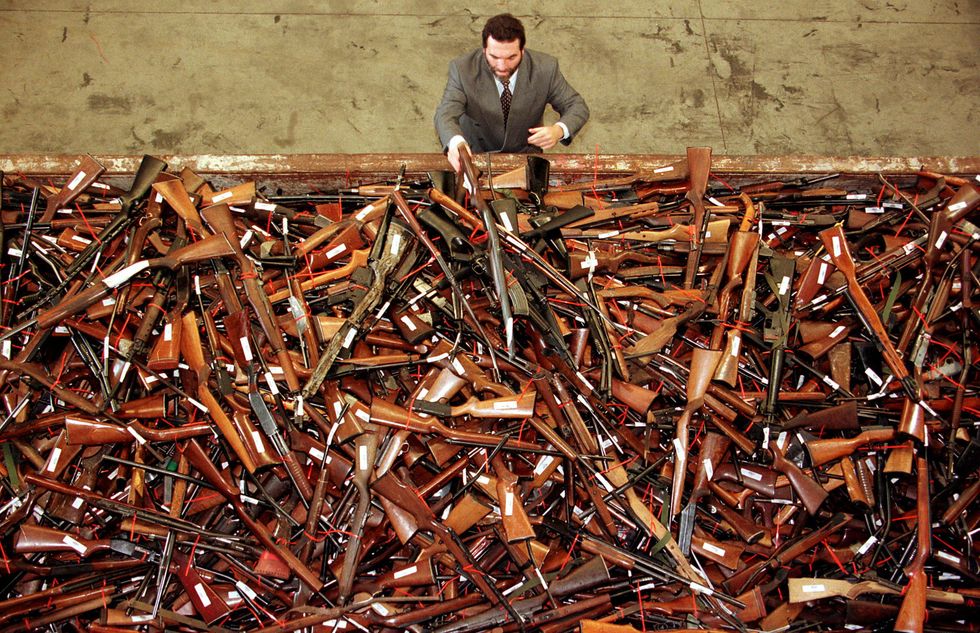
United Kingdom
Almost immediately after 43-year-old Thomas Hamilton used his legally owned arsenal of handguns to massacre 16 five- and six-year-olds and the teacher who tried to protect them at Dunblane primary school in Scotland, gun control went into play. Nothing like the 1996 Dunblane classroom mass shooting had ever taken place in Britain. The United States, on the other hand, already had experienced classroom shootings in Nashville, San Diego and South Carolina by 1996.
National grief turned to anger and public petitions overwhelmingly supported legislation passed by Parliament banning private ownership of handguns in Britain. It also outlawed ownership of semiautomatic and pump-action firearms and required shotgun owners to register their weapons. Penalties for illegal possession of a firearm in the U.K. are harsh, including heavy fines and prison terms of up to 10 years. A $200 million buyback program led to the government's purchase of 162,000 guns and 700 tons of ammunition from citizens.
England and Wales, which have a population of 56 million people, experience roughly 50 to 60 gun deaths annually. In contrast, the U.S., with a population about six times as large, has more than 160 times as many gun-related homicides.
 Gwen Mayor died with 16 of her young pupils at the school in Dunblane, Scotland. Source: Credit
Gwen Mayor died with 16 of her young pupils at the school in Dunblane, Scotland. Source: Credit
Japan
Japan has what can almost be seen as a zero tolerance policy when it comes to gun ownership. Its laws are considered to be the most stringent in the democratic world. A 1958 law states: “No one shall possess a firearm or firearms or a sword or swords.” There are only a few exceptions, including for shotguns.
But before Japanese citizens can even think about picking up a shotgun for hunting or sport shooting they must attend classes and pass both written and practical exams — including achieving at least 95 percent accuracy on a shooting range test. They also must undergo psychological assessments to determine if they are fit to own a gun. Exhaustive police background checks even extend to the potential gun owner’s relatives. The class and testing are repeated every three years.
With such strict gun control laws in place, Japan rarely experiences more than 10 shooting deaths per year, remarkable for a country with a population of 127 million people. Some of that gun violence is attributed to the country’s yakuza crime syndicates, which manage to smuggle in handguns from abroad.
Interestingly, the yakuza syndicates are reluctant to even attempt to build up an arms cache. The reason is cultural, even for the criminal underworld in Japan: threatening a rival with a gun often is seen as an “unmanly” departure from the yakuza’s traditional code of honor.
What’s Next After Parkland?
Enacting any of the strict gun controls adopted overseas here in the United States any time soon will be tough given Republican control of Congress and the executive branch. The National Rifle Association (NRA), as the largest campaign donor to many members of both the House and Senate, wields tremendous power. But a change in national perspective might be building.
After spending most of Presidents’ Day weekend in seclusion at his Mar-a-Lago estate, reportedly fuming over cable news coverage of the Russia investigation but making little mention of the renewed gun control debate, President Donald J. Trump on Monday signaled he might be softening his position on gun control legislation. His press secretary indicated that Trump had spoken with Sen. John Cornyn (R-TX) on Friday about possibly reviving a stalled bill that would strengthen the FBI database of prohibited gun buyers.
Kristin Brown, co-president of the Brady Campaign to Prevent Gun Violence, said that measure isn’t enough because it does nothing to close the private transaction and gun show purchase loopholes. The Brady Campaign also is advocating for a ban on assault-type weapons and for measures that would enable family members, guardians or police to ask judges to temporarily strip gun rights from individuals who show warning signs of violence.
“We need a comprehensive system,” Brown said. “One of these isn’t enough.”
In the wake of Parkland, students across the country have used social and other media to get out their message that they are done being hapless victims. The “lie-in” at the White House on Monday, Feb. 19, was one of the first indications. And on April 20, the 19th anniversary of the the massacre at Columbine High School in Colorado that killed 13 students, school students across the country are planning a coordinated, national walkout of classrooms to protest the lack of action by the federal government to revise gun laws to protect them.
Stoneman Douglas shooting survivor David Hogg has quickly become a forceful voice of student outrage against U.S. gun policy. His message is eloquent and powerful.
Hogg’s classmate Emma Gonzales is equally direct and raw in discussing the massacre at her school:
“If the President wants to come up to me and tell me to my face that it was a terrible tragedy and how it should never have happened and maintain telling us how nothing is going to be done about it, I'm going to happily ask him how much money he received from the National Rifle Association.
“You want to know something? It doesn't matter, because I already know. Thirty million dollars. And divided by the number of gunshot victims in the United States in the one and one-half months in 2018 alone, that comes out to being $5,800. Is that how much these people are worth to you, Trump? If you don't do anything to prevent this from continuing to occur, that number of gunshot victims will go up and the number that they are worth will go down. And we will be worthless to you.
“To every politician who is taking donations from the NRA, shame on you.”






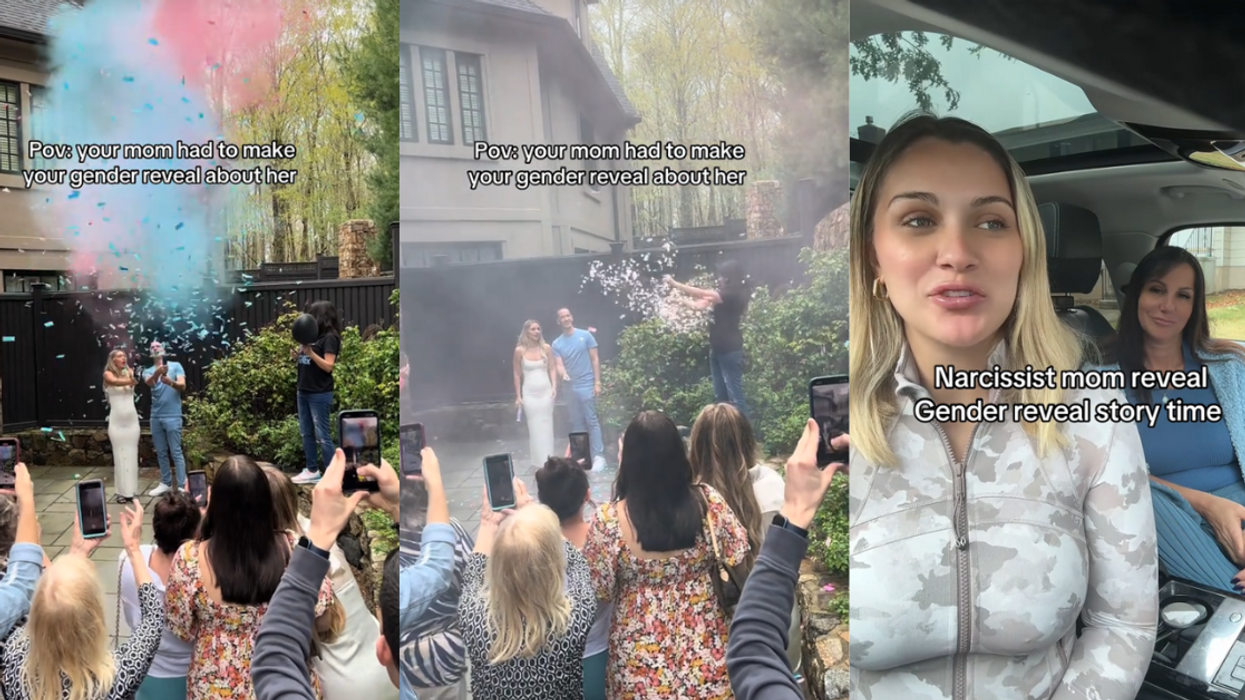
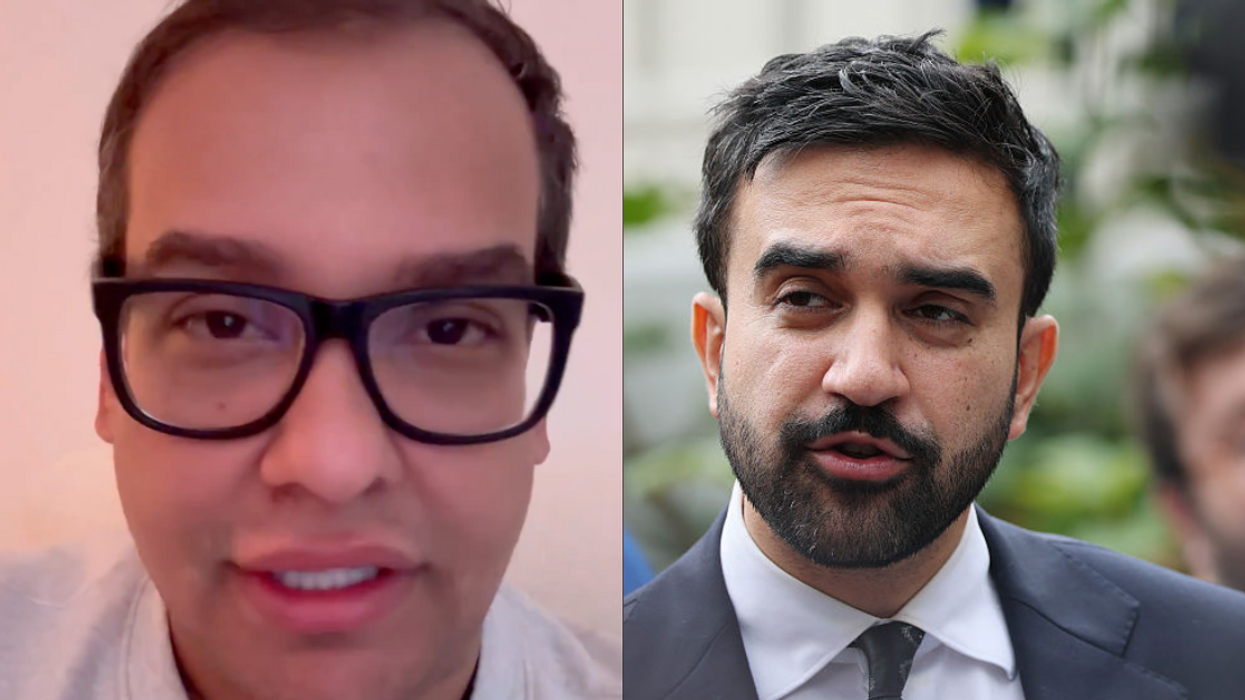
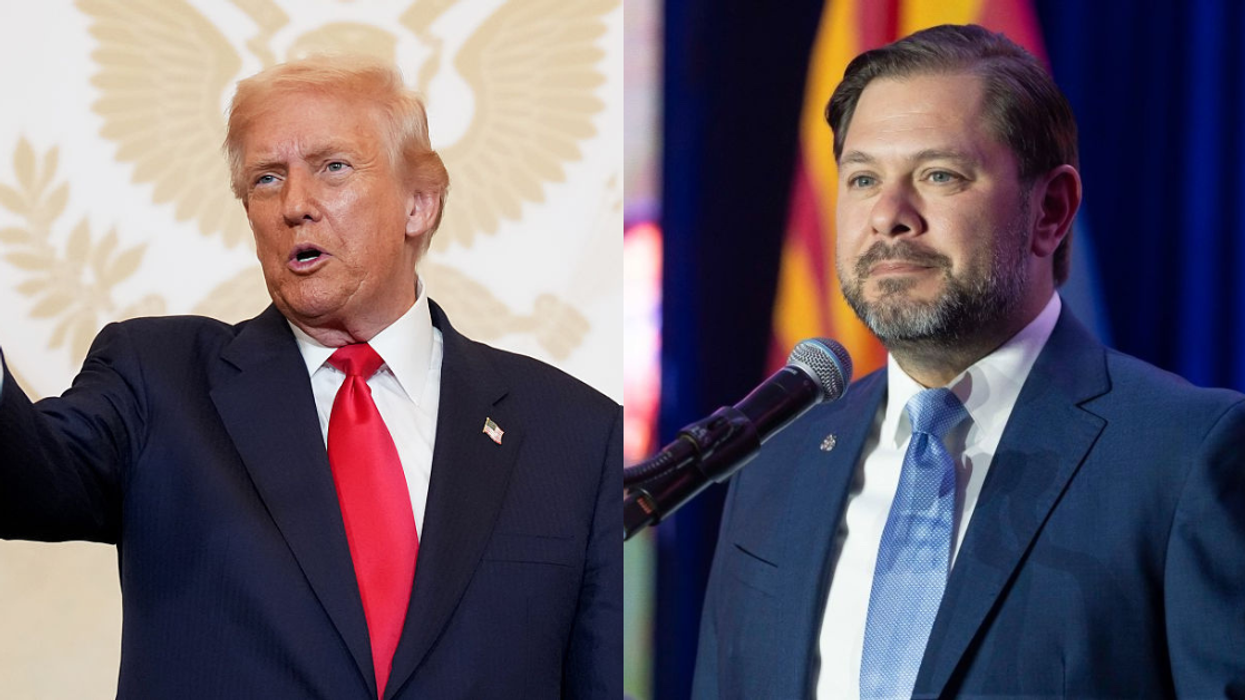




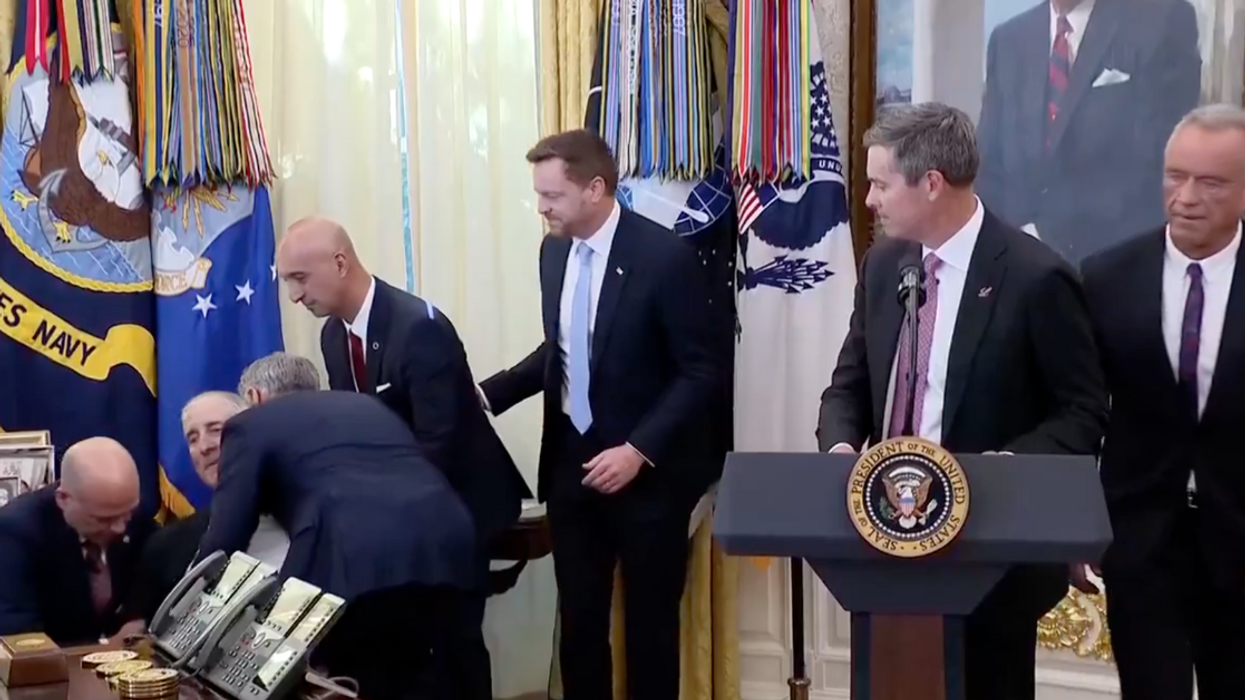
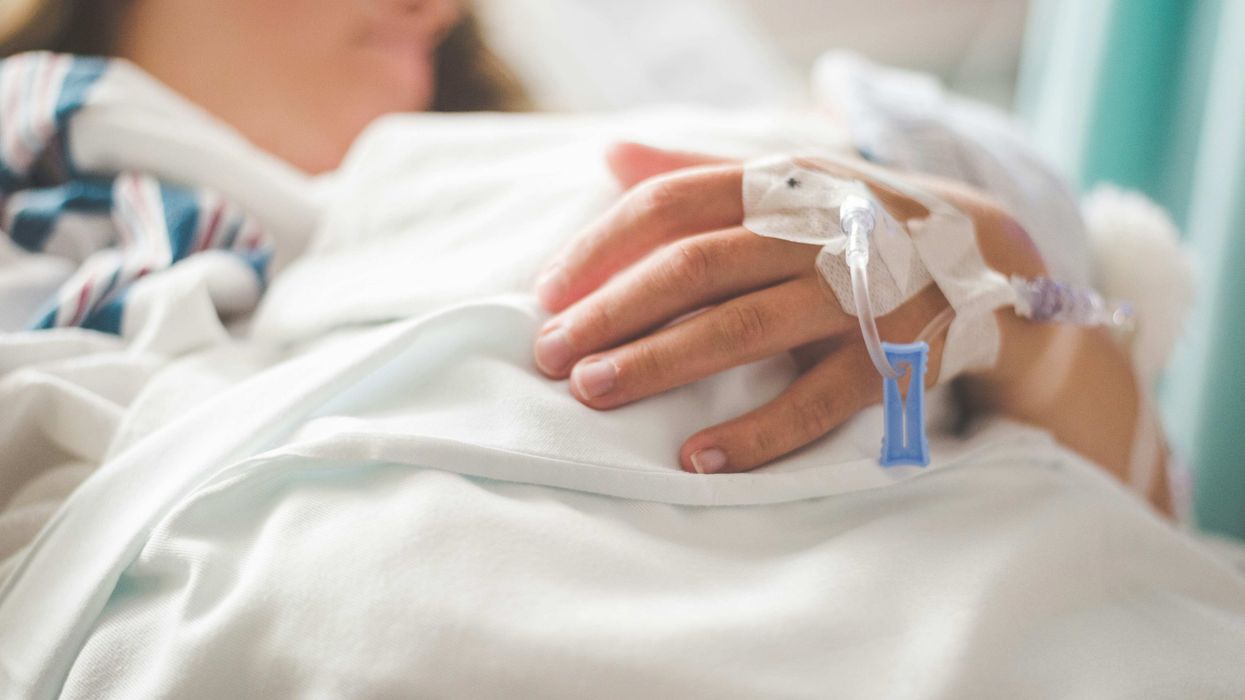

 breast cancer GIF by Baptist Health South Florida
breast cancer GIF by Baptist Health South Florida  Teddy Bear Doctor GIF
Teddy Bear Doctor GIF 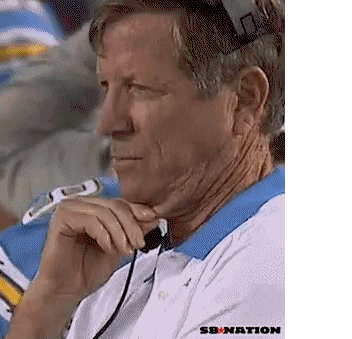 feeling neck skin GIF
feeling neck skin GIF  praying GIF
praying GIF 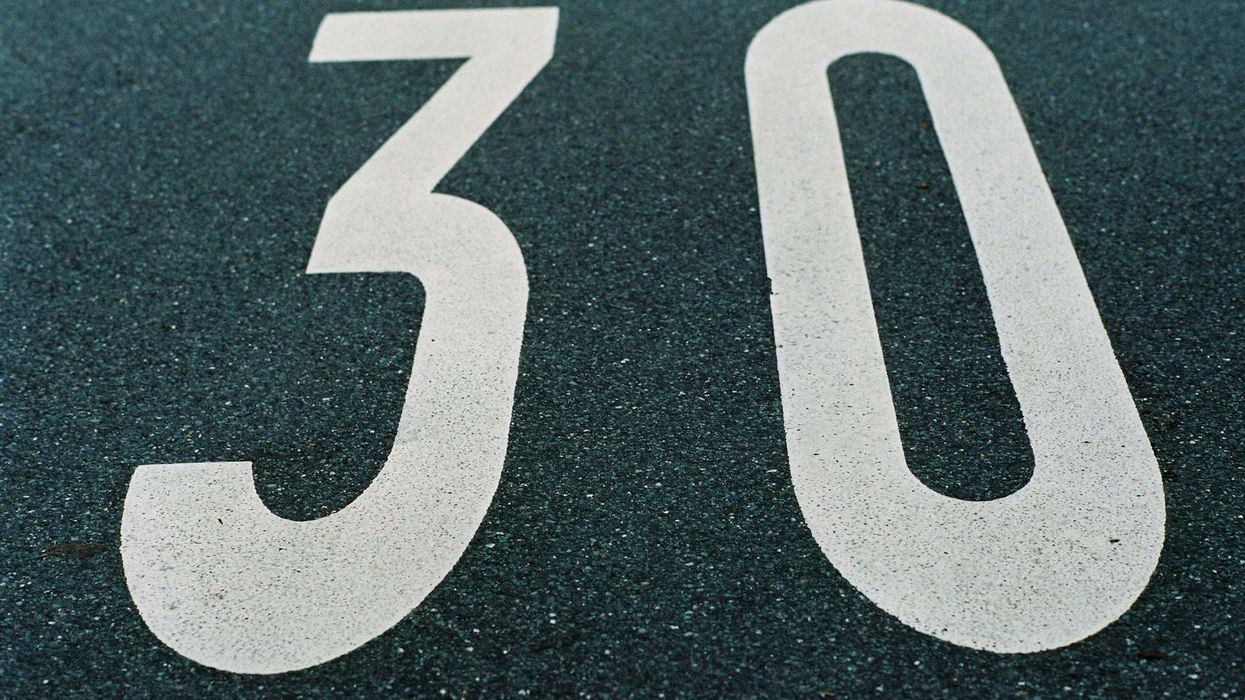
 Snail Ugh GIF by Sticker Book iOS GIFs
Snail Ugh GIF by Sticker Book iOS GIFs 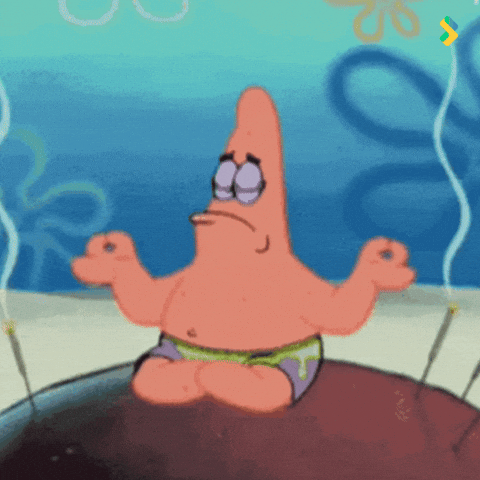 Serious
Serious  Home Alone Reaction GIF by 20th Century Fox Home Entertainment
Home Alone Reaction GIF by 20th Century Fox Home Entertainment  Cat Working GIF
Cat Working GIF